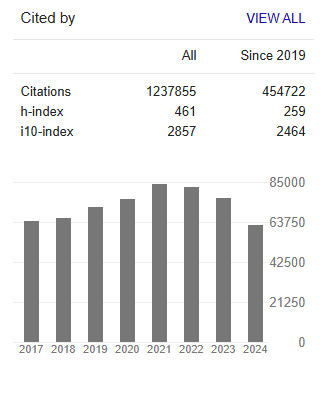Review on Adaptation and Breeding Mechanisms of Salinity Stress for Sugarcane
Abstract
Amare Genetu and Tsegaye Getahun
Salinity stress due to environmental climate change is one of the major abiotic stresses for plants that adversely affects soil health, environmental quality, and agricultural production. Sugarcane is important for economy of many in both tropical and subtropical countries, playing a central role as a primary sugar- producing crop and has major potential for bioethanol and biofuel production. It is moderately sensitive for salinity stress and highly affected under high salt concentration. Soil salinity influences the sugar cane productivity by altering the morphological, physiological and biochemical systems and affecting ionic balance inside the cell. The plant produces new compatible solutes (osmolytes) as a result of salinity stress. There are six types of Saccharum species and breeders are engaged on improving the cane verities through adaptation and breading mechanisms. Now a day’s biotechnology plays critical role in the development of abiotic stress tolerant sugarcane cultivar through genotype Based breeding, genetic engineering and genome editing technologies. This paper is aimed to review the current adaptation and breeding mechanisms salinity stress for sugar cane.




